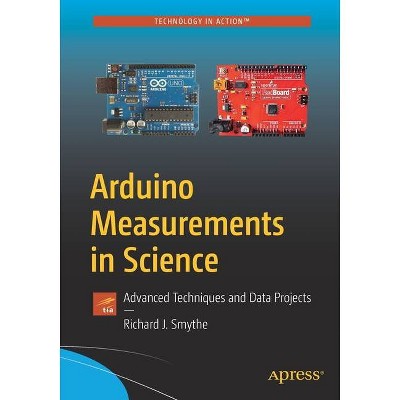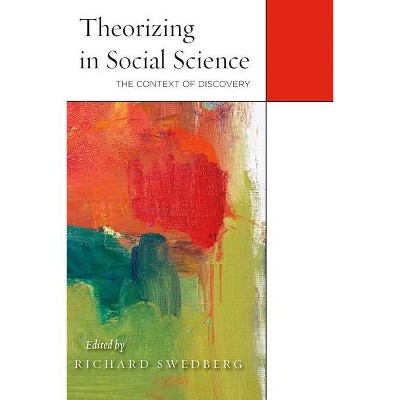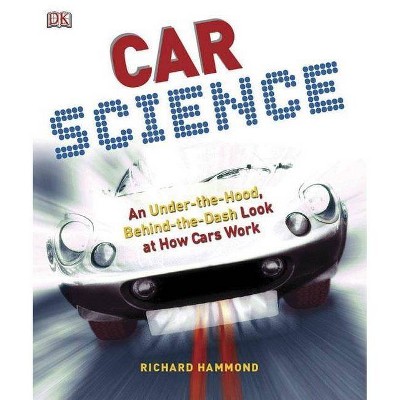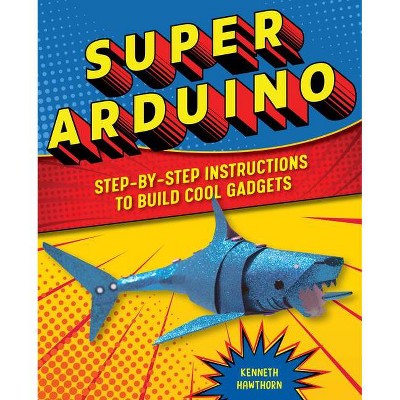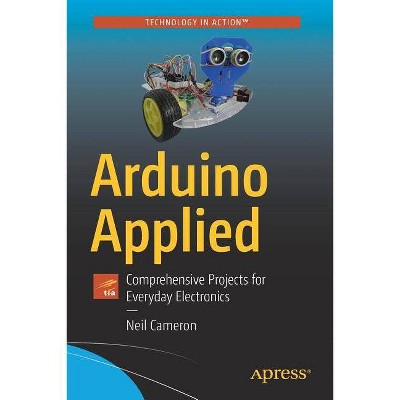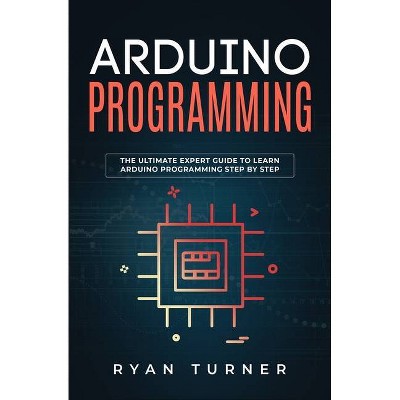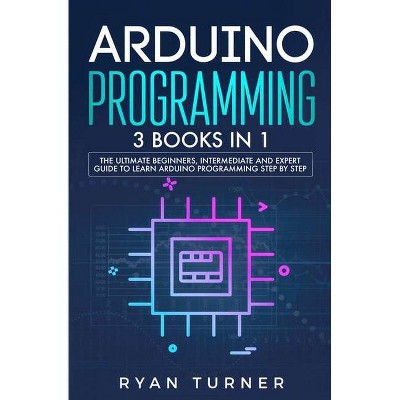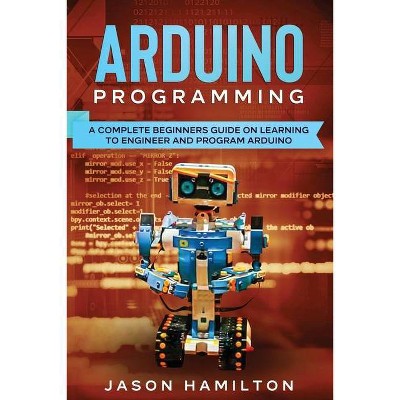Arduino in Science - by Richard J Smythe (Paperback)
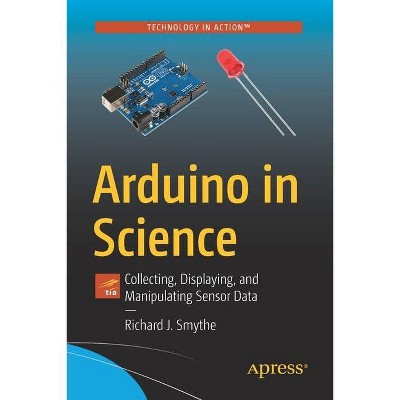
Similar Products
Products of same category from the store
AllProduct info
<p/><br></br><p><b> Book Synopsis </b></p></br></br>It's a simple question, but do you know how to take basic measurements with your Arduino, Raspberry Pi or PC? A lot of the times, you know how to use microcontrollers, sensors, and programming skills to collect data. This book takes it one step further to teach you how to transform your PC, Raspberry Pi, and Arduino to a device that can measure, collect, and analyze data.<br>You'll begin from a simple starting point reviewing the basics of electronics and digital and analog concepts. As you advance through this book, you'll work through 10 exercises to develop a working knowledge of microcontroller properties and graphical data presentation concepts, basic electronic technology, and the fundamentals of controlling and acquiring data.<br><i>Arduino in Science</i> is your guide to monitoring and measuring physical - chemical parameters with integrated circuitry and physical computational systems. <p/><b>What You'll Learn</b><ul><li>Review fundamental human machine interfacing with supervisory control and data acquisition software<br></li><li>Examine timing, counting, and serial communication concepts</li><li>Adapt microcontrollers to perform sophisticated functions<br></li><li>Understand collection and presentation of data</li></ul><b>Who This Book Is For</b> <p/>Beginner-level students, citizen scientists, and hobbyists, and is also great for educators who can seamlessly implement this content into STEM programs.<p/><br></br><p><b> From the Back Cover </b></p></br></br>It's a simple question, but do you know how to take basic measurements with your Arduino, Raspberry Pi or PC? A lot of the times, you know how to use microcontrollers, sensors, and programming skills to collect data. This book takes it one step further to teach you how to transform your PC, Raspberry Pi, and Arduino to a device that can measure, collect, and analyze data.<br>You'll begin from a simple starting point reviewing the basics of electronics and digital and analog concepts. As you advance through this book, you'll work through 10 exercises to develop a working knowledge of microcontroller properties and graphical data presentation concepts, basic electronic technology, and the fundamentals of controlling and acquiring data.<br><i>Arduino in Science</i> is your guide to monitoring and measuring physical - chemical parameters with integrated circuitry and physical computational systems. <p/>You will: <ul><li>Review fundamental human machine interfacing with supervisory control and data acquisition software<br></li><li>Examine timing, counting, and serial communication concepts</li><li>Adapt microcontrollers to perform sophisticated functions<br></li><li>Understand collection and presentation of data</li></ul><p/><br></br><p><b> About the Author </b></p></br></br>Richard J. Smythe attended Brock University in its initial years of operation in southern Ontario and graduated with a four year honours degree in chemistry with minors in mathematics and physics prior to attending the University of Waterloo for a master's degree in analytical chemistry and computing science and a doctorate in analytical chemistry. After a post-doctoral fellowship at the State University of New York at Buffalo in electro-analytical chemistry Richard went into business in 1974 as Peninsula Chemical Analysis Ltd. Introduced in 1966 to time-shared computing with paper tapes, punched cards, BASIC prior to Fortran IV at Waterloo, the PDP 11 mini-computers and finally the PC, Richard has maintained a currency in physical computing using several computer languages and scripting codes. Professionally Richard has functioned as a commercial laboratory owner and is currently a consulting analytical chemist, a civil forensic scientist as PCA Ltd., a full partner in Walters Forensic Engineering in Toronto, Ontario and senior scientist for Contrast Engineering in Halifax Nova Scotia. A large portion of Richard's professional career consists of devising methods by which a problem that ultimately involves making one or more fundamental measurements can be solved by using the equipment at hand or using a readily available "off-the shelf/ out of the box" facility to provide the data required.
Price History
Cheapest price in the interval: 34.49 on November 8, 2021
Most expensive price in the interval: 34.49 on December 20, 2021
Price Archive shows prices from various stores, lets you see history and find the cheapest. There is no actual sale on the website. For all support, inquiry and suggestion messages communication@pricearchive.us
